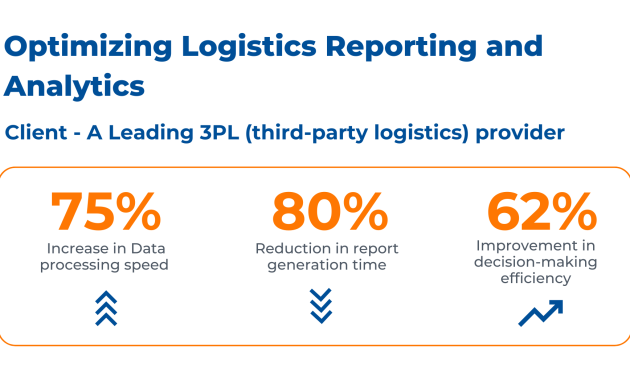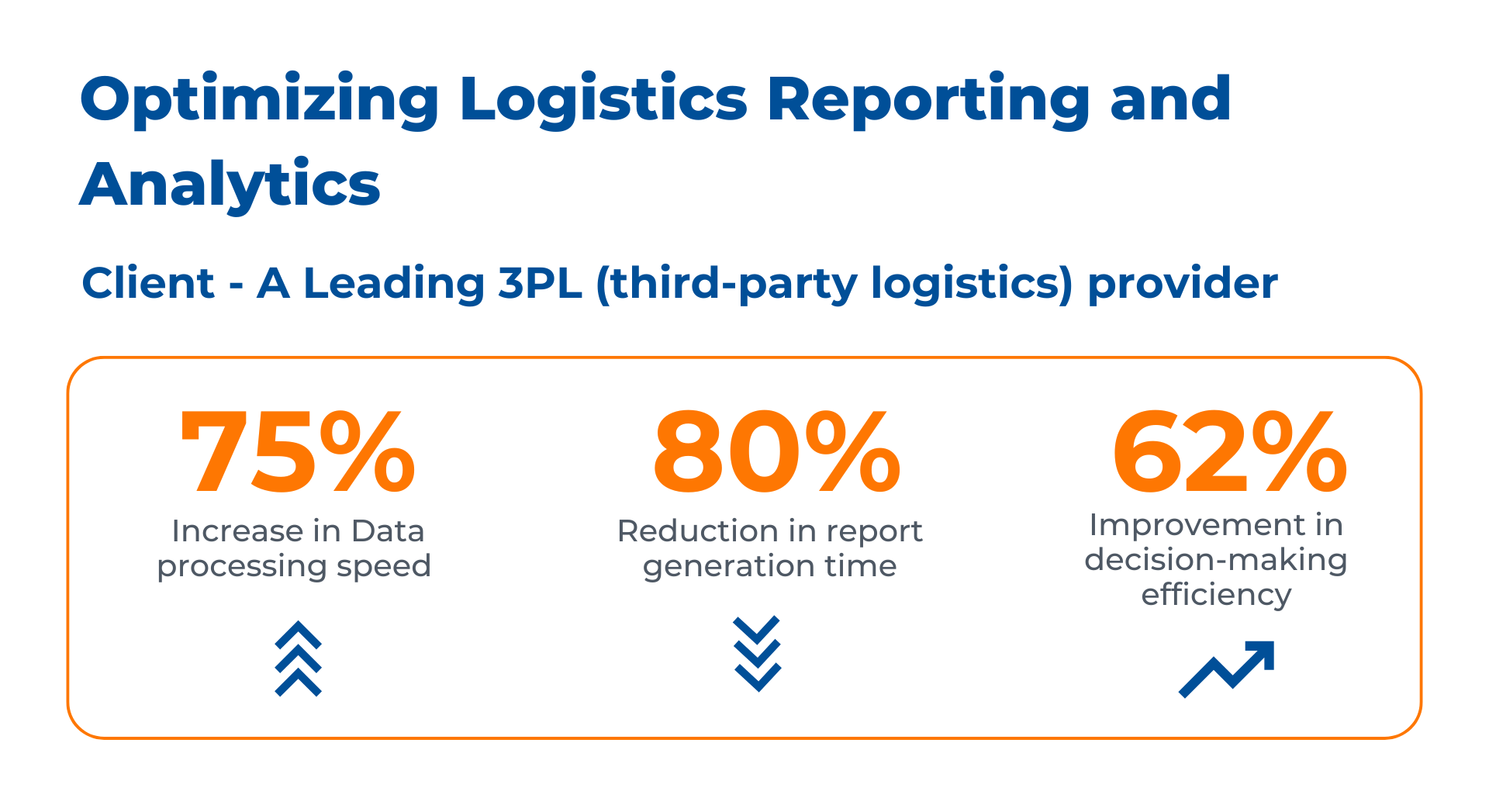
Self-Service Business Intelligence Software: Powering Agile Startup Success
In the fast-paced world of startups, agility is paramount. The ability to adapt quickly, make data-driven decisions, and pivot when necessary can be the difference between success and failure. This is where self-service business intelligence (BI) software comes into play, acting as a critical tool for agile startups. This article delves into the benefits of utilizing self-service business intelligence software for agile startups, exploring how it empowers them to thrive in today’s competitive landscape. We’ll examine the key features, advantages, and considerations for choosing the right solution.
Self-service BI empowers users to access, analyze, and visualize data without relying on IT departments or specialized analysts. This democratization of data allows agile startups to make informed decisions rapidly, fostering a culture of data-driven innovation. The focus is on enabling business users to become data-literate and self-sufficient.
Understanding the Agile Startup’s Data Needs
Agile startups operate in a dynamic environment. They need to understand their customer base, market trends, and internal performance metrics in real-time. Traditional BI solutions, often requiring extensive IT involvement and lengthy implementation cycles, can be a bottleneck for these fast-moving companies. Self-service business intelligence software offers a more streamlined approach, allowing agile startups to:
- Quickly access and analyze data from various sources.
- Create customized dashboards and reports.
- Identify trends and insights in real-time.
- Make data-driven decisions rapidly.
This ability to quickly gather, interpret, and act upon data is crucial for agile startups. It enables them to:
- Optimize marketing campaigns.
- Improve customer acquisition and retention.
- Identify and capitalize on market opportunities.
- Refine product development cycles.
Key Features of Self-Service BI Software for Agile Startups
Several features are essential when selecting self-service business intelligence software for an agile startup. These features should be intuitive, easy to use, and provide the necessary analytical capabilities.
Data Integration and Connectivity
The software should seamlessly integrate with various data sources, including:
- Databases (SQL, NoSQL).
- Cloud services (AWS, Azure, Google Cloud).
- CRM systems (Salesforce, HubSpot).
- Marketing automation platforms (Marketo, Pardot).
- Spreadsheets (Excel, Google Sheets).
Robust data connectivity ensures that agile startups can access all the data they need to make informed decisions.
User-Friendly Interface
The interface should be intuitive and easy to navigate, even for users without technical expertise. Drag-and-drop functionality, pre-built templates, and interactive visualizations are crucial for enabling self-service analytics.
Data Visualization Capabilities
The software should offer a wide range of data visualization options, including charts, graphs, maps, and dashboards. These visualizations help agile startups identify trends, patterns, and outliers in their data, leading to better understanding and decision-making.
Reporting and Dashboarding
The ability to create custom reports and dashboards is essential for tracking key performance indicators (KPIs). Self-service business intelligence software allows users to build and share reports that provide a clear overview of business performance.
Collaboration and Sharing
The software should facilitate collaboration among team members. Features such as shared dashboards, commenting capabilities, and secure data sharing make it easier for agile startups to work together and make informed decisions.
Scalability
As agile startups grow, their data needs will also increase. The self-service business intelligence software should be scalable to accommodate growing data volumes and user numbers.
Benefits of Self-Service BI for Agile Startups
The adoption of self-service business intelligence software offers numerous advantages for agile startups, including:
Faster Decision-Making
By providing real-time access to data and insights, self-service BI enables agile startups to make decisions faster. This speed is critical in a dynamic environment where market conditions and customer preferences can change rapidly.
Improved Data Literacy
Self-service BI empowers business users to become data-literate. This leads to a data-driven culture where everyone can contribute to the analysis and interpretation of data.
Increased Efficiency
By eliminating the need for IT involvement in data analysis, self-service BI frees up IT resources to focus on other strategic initiatives. This increased efficiency can lead to significant cost savings.
Enhanced Customer Understanding
By analyzing customer data, agile startups can gain a deeper understanding of their customers’ needs and preferences. This understanding can inform product development, marketing campaigns, and customer service strategies.
Competitive Advantage
Self-service BI helps agile startups gain a competitive advantage by enabling them to respond quickly to market changes, identify new opportunities, and improve their overall performance. Using self-service business intelligence software is an effective way to keep up with competitors.
Choosing the Right Self-Service BI Software
Selecting the right self-service business intelligence software is crucial for the success of an agile startup. Consider the following factors:
Ease of Use
The software should be easy to use, with a user-friendly interface and intuitive features. This will ensure that all team members can access and analyze data without extensive training.
Data Connectivity
Ensure that the software integrates with all the data sources used by the startup. This includes databases, cloud services, CRM systems, and marketing automation platforms.
Scalability
Choose software that can scale to accommodate the startup’s growing data needs. Consider factors such as data volume, user numbers, and processing power.
Features and Functionality
Evaluate the features and functionality offered by the software. Look for features such as data visualization, reporting, dashboarding, and collaboration tools.
Pricing and Licensing
Consider the pricing and licensing options. Choose a solution that fits the startup’s budget and business model. Many self-service BI solutions offer flexible pricing plans to accommodate the needs of startups.
Customer Support
Ensure that the software vendor provides adequate customer support. This is important for resolving any technical issues and getting the most out of the software.
Security
Data security is paramount. The self-service BI solution should have robust security features to protect sensitive data.
Implementation Best Practices
Successful implementation of self-service business intelligence software requires careful planning and execution. Consider the following best practices:
Define Clear Goals and Objectives
Before implementing the software, define clear goals and objectives for its use. This will help to ensure that the software is used effectively and that the startup achieves its desired outcomes.
Train Users
Provide adequate training to all users on how to use the software. This will ensure that everyone can access, analyze, and interpret data effectively.
Establish Data Governance
Establish data governance policies to ensure data quality and consistency. This includes defining data standards, data validation rules, and data security measures.
Monitor and Evaluate
Regularly monitor and evaluate the performance of the software. This will help to identify any areas for improvement and ensure that the startup is getting the most out of its investment. Use self-service business intelligence software to monitor its own performance.
Real-World Examples of Self-Service BI in Agile Startups
Several agile startups have successfully leveraged self-service business intelligence software to drive their growth and success. Here are a few examples:
- A SaaS startup used self-service BI to track customer acquisition costs, customer lifetime value, and churn rates. This data helped them optimize their marketing campaigns and improve customer retention.
- An e-commerce startup used self-service BI to analyze sales data and identify top-selling products, popular product combinations, and areas for inventory optimization.
- A fintech startup used self-service BI to monitor user engagement, transaction volumes, and fraud detection rates. This data helped them improve their user experience and protect their customers’ financial information.
These examples demonstrate the power of self-service BI in enabling agile startups to make data-driven decisions and achieve their business goals.
The Future of Self-Service BI for Agile Startups
The future of self-service BI for agile startups looks promising. As technology continues to evolve, we can expect to see:
- More advanced data visualization capabilities.
- Increased use of artificial intelligence (AI) and machine learning (ML) for data analysis.
- Greater integration with other business applications.
- More intuitive and user-friendly interfaces.
These advancements will further empower agile startups to make data-driven decisions and stay ahead of the competition. The best self-service business intelligence software will adapt to these changes.
Conclusion: Embracing Data-Driven Decisions
Self-service business intelligence software is a critical tool for agile startups looking to thrive in today’s competitive landscape. By empowering users to access, analyze, and visualize data, self-service BI enables agile startups to make informed decisions quickly, optimize their operations, and gain a competitive advantage. As agile startups embrace data-driven decision-making, they can unlock their full potential and achieve sustainable growth. The right self-service business intelligence software is a key element for success.
[See also: Choosing the Right BI Tool for Your Startup]
[See also: Data Visualization Best Practices for Startups]
[See also: The Role of Data in Agile Development]

